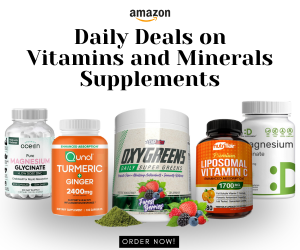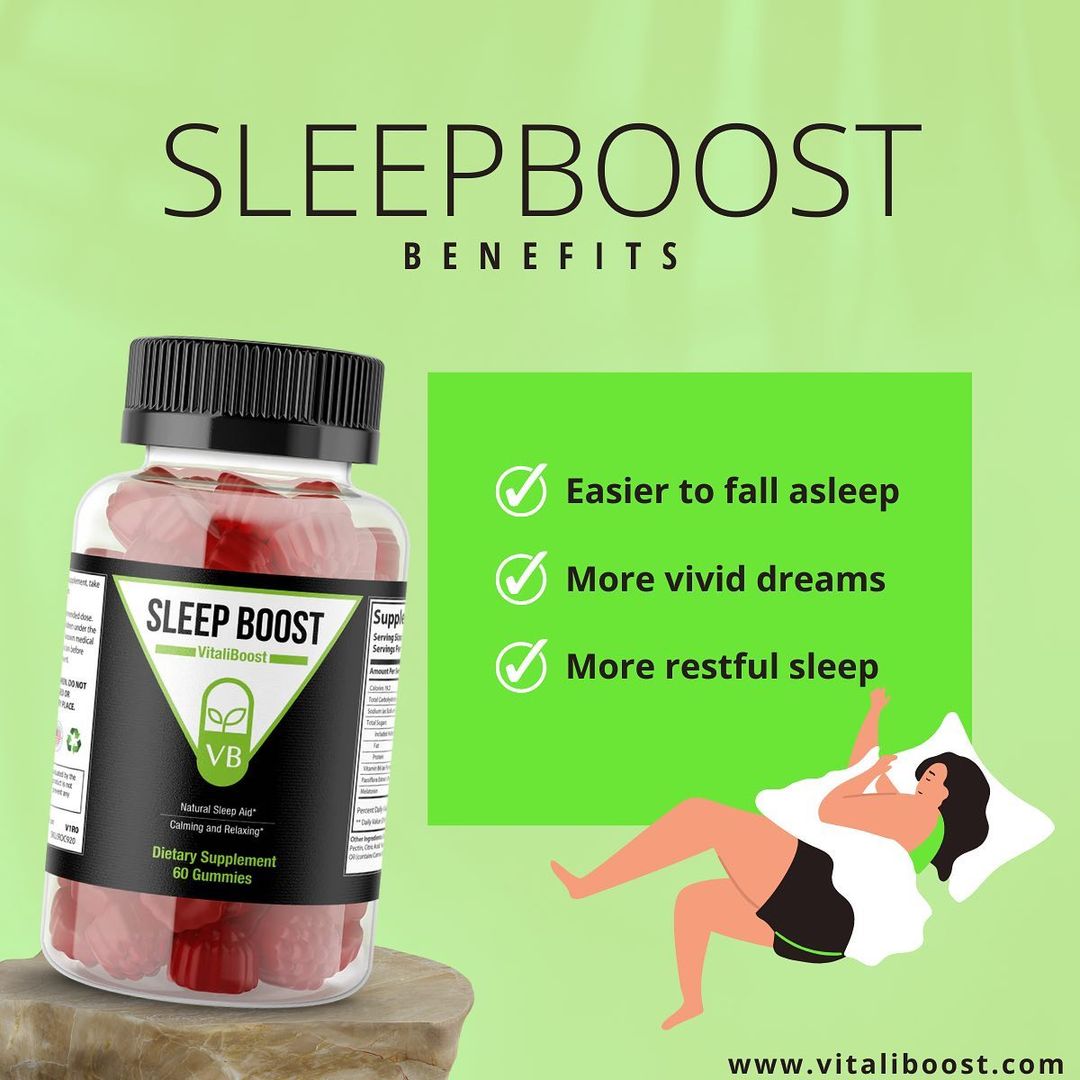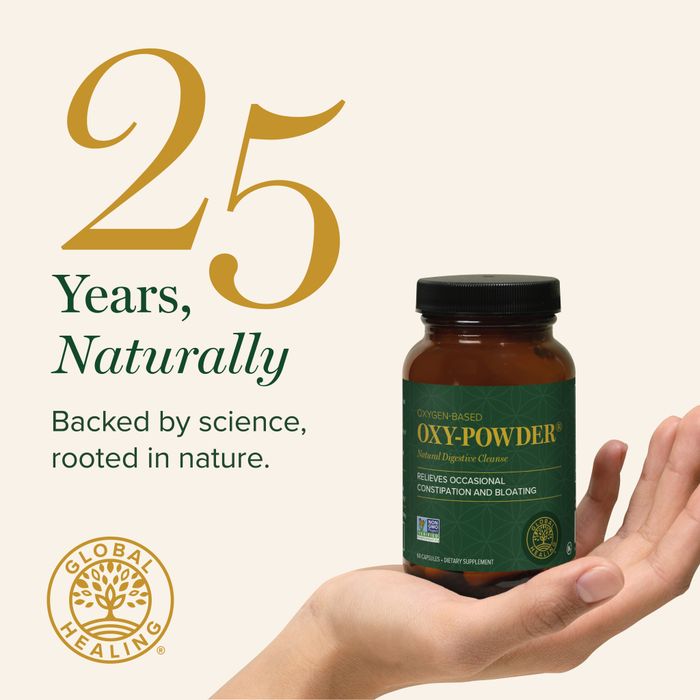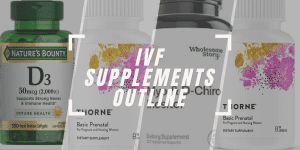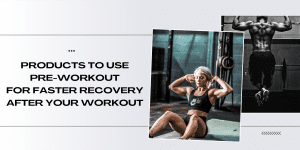
Although men and women both need vitamins and nutrients to stay healthy, women can have higher recommended intake values for some vitamins. These recommendations can change throughout the lifespan, especially if a woman becomes pregnant.
Here is a quick list of five vitamins that should be on your radar. Please remember this list offers general guidelines and is not intended to be medical advice.
- Iron
- Vitamin D
- Magnesium
- Vitamin B12
- Folate
Essential Vitamins For Women

Women are at a higher risk for bone diseases, different forms of cancer (like cervical or breast), and mood disorders including anxiety and depression. Staying on top of your nutrition and adding a supplement may help you meet your vitamin goals.
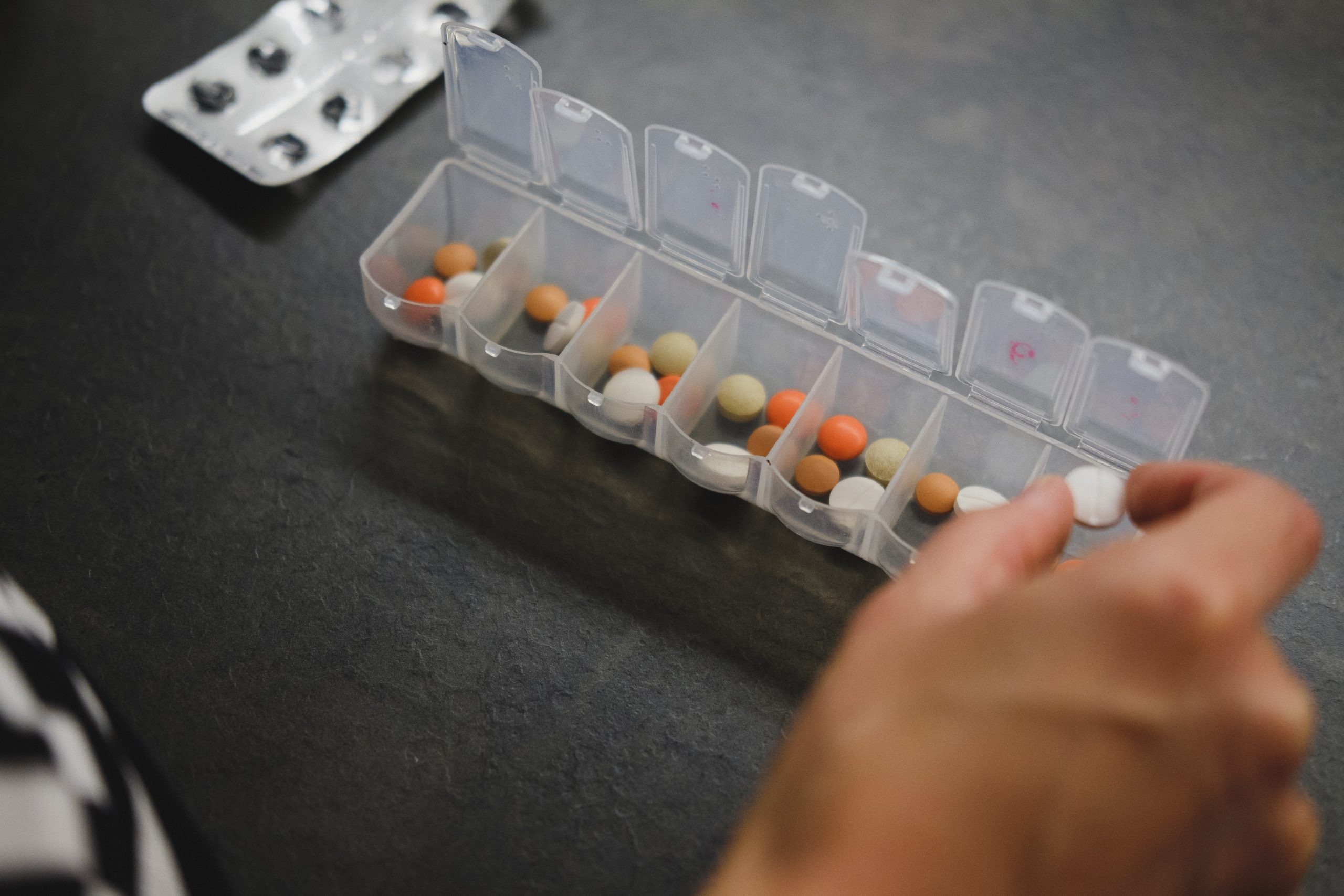
1.Iron
Women who are still having menstrual cycles or pregnant need to stay on top of their iron levels. This mineral is essential for healthy blood cell development, immune function, mood, and maintaining energy levels. Some people have a hard time absorbing enough iron from the diet and may need to take a vitamin to boost their levels.
2. Vitamin D
Your body makes vitamin D when your skin is exposed to sunshine. If you live in a climate with short summer seasons, you probably will need a supplement over the winter months to maintain your levels. Women need to prioritize their vitamin D intake because it helps improve calcium absorption for healthy strong bones.
3. Magnesium
You need to replenish your magnesium stores through your diet. You can do this by eating leafy greens, legumes, and whole grains. Taking magnesium supplements before bedtime can help the body prepare for sleep and improve sleep quality. Make sure you follow the dosage directions perfectly because too much magnesium can lead to diarrhea.
4. Vitamin B12
Vitamin B12 is involved with blood cell development and healthy nerve function. Low levels can lead to pernicious anemia. It is naturally found in animal products and by-products (including eggs, cheeses, and milk), so if you eat less meat, you probably need to take a supplement. Aging women will also absorb less b12 from the diet and taking a supplement can help cover the bases.
5. Folate
A folate supplement is really only required during pregnancy. The folic acid will help the baby develop a healthy neural tube, which will later develop and expand into a brain and spine. Food sources of folate include anything leafy and green, legumes, pulses, and nuts.
FAQ’s

What brand of vitamin is best for women?
There is no singular brand of vitamins that is best for women, but if you have concerns, talk to a pharmacist! They know all the brands and can help you find high-quality products and good vitamins for women to fit your needs and your budget.
Often, the biggest difference between products is the packaging. Don’t be fooled by flashy colors or different shapes, because these options often cost more but perform the same as a no-name brand.
What is the most needed vitamin for women?
The five nutrients listed above in the article are the most common vitamins women take. Your body and your health may have different requirements. The best way to tell if you need a supplement is to get some blood work done! You may already be doing a great job with your diet, and not need any type of oral supplements.
Do I need a women’s health multivitamin?
If you eat a varied diet and don’t have any restrictions, you probably don’t need a multivitamin supplement because you are getting enough nutrition from your health. Some women like to take a multivitamin “just in case” they are missing out on some nutritional benefits. If this sounds like you, double-check with your doctor that a multivitamin aligns with your health goals. Sometimes there can be interactions between supplements and medications.
The Takeaway
Iron, folate, Vitamin D, Vitamin V 12, and Magnesium are all important vitamins for women’s health. You should prioritize your diet and food intake first, and then supplement as needed to prevent any deficiencies.


